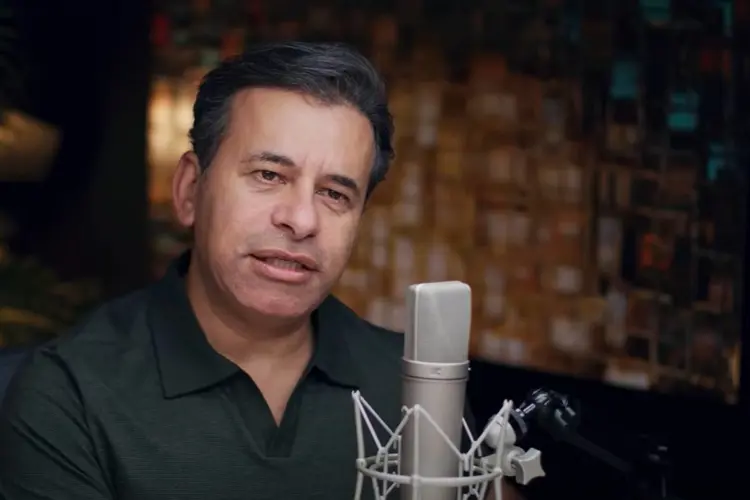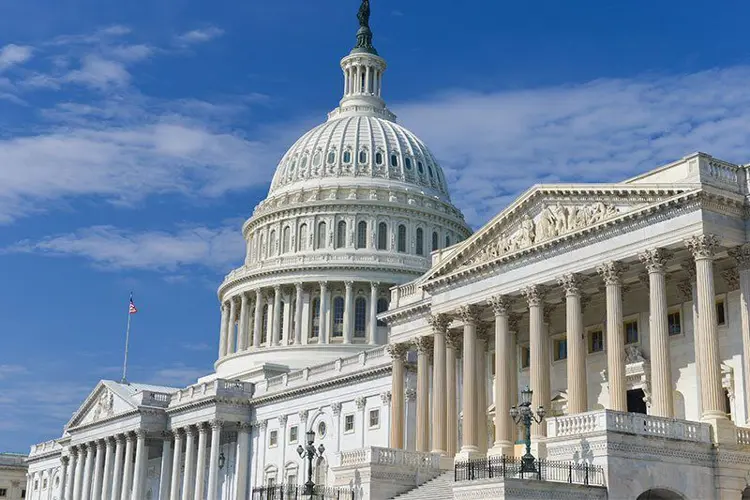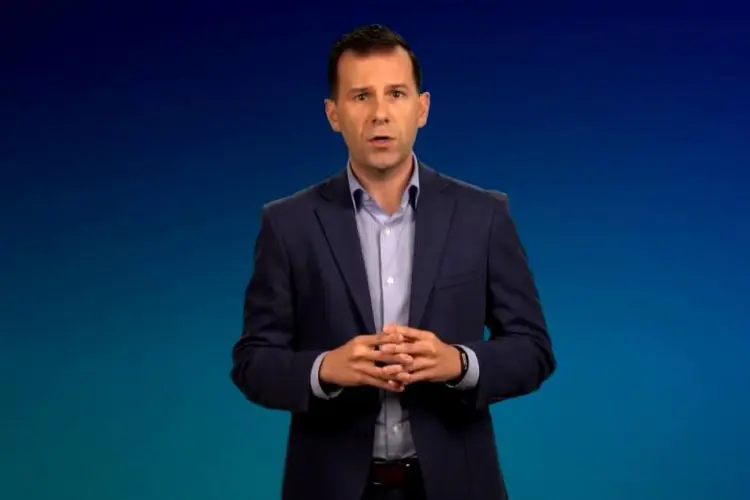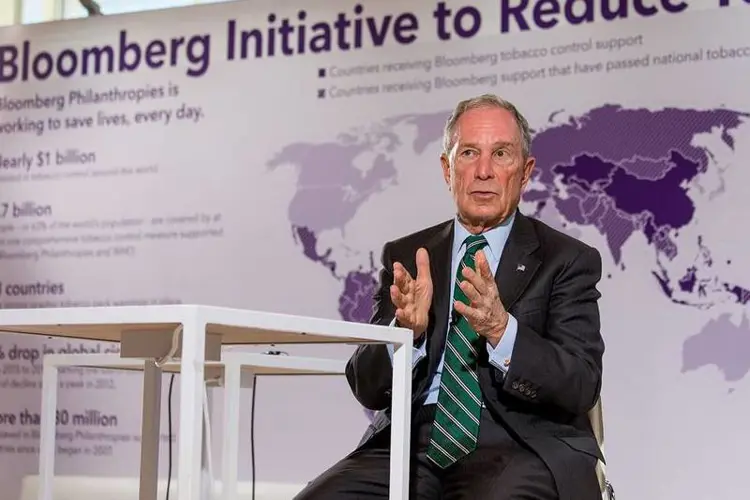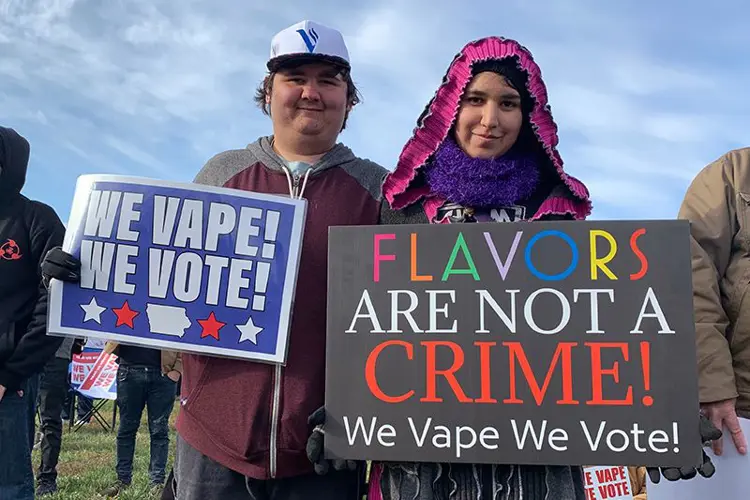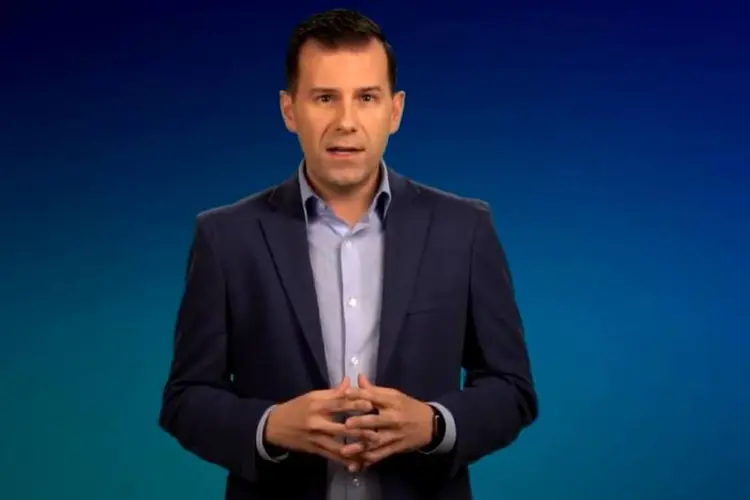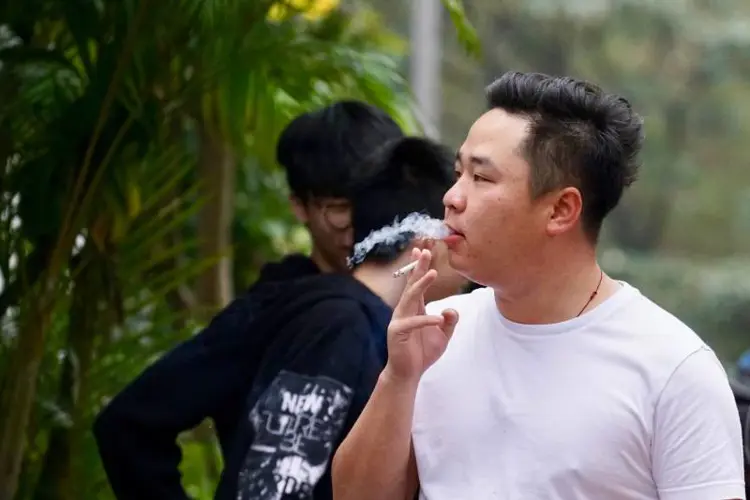Bloomberg Philanthropies, the non-profit funding arm of billionaire Michael Bloomberg’s activist philanthropic empire, has announced a new round of funding for its Bloomberg Initiative to Reduce Tobacco Use. The new donation brings total Bloomberg tobacco control spending to nearly $1.6 billion since 2005.
The 80-year-old former New York City mayor has committed to spending a total of $420 million over the next four years. Two-thirds of the money will go toward reducing tobacco use in low- and middle income countries (LMICs), and the remaining $140 million will be spent “reducing e-cigarette use among teenagers in the United States.”
Unfortunately, Bloomberg and his allied organizations believe the only way to reduce adolescent vaping experimentation in the U.S. is to ban flavored products popular with adults—even if prohibiting vapes sends millions back to combustible tobacco.
Paternalism, dogma, and cherry-picked evidence
Bloomberg Philanthropies carefully cherry-picks supporting evidence for its preferred authoritarian solutions to smoking disease and death, and regularly conflates the known deadly harms of smoking with the much more benign (and mostly speculative) risks of vaping to gain public support.
Michael Bloomberg himself is known for making up “facts” about vaping and smoking to support his prohibitionist positions. In 2019, Bloomberg told a TV interviewer that nicotine use reduces teenagers’ IQ scores. In his statement supporting the FDA’s marketing denial order of Juul products, the billionaire claimed that Juul’s refill pods “deliver as much nicotine as 20 packs of cigarettes.” Both statements were, of course, wildly untrue.
Bloomberg’s lies and his paternalistic anti-tobacco activities went unchallenged for many years, but have more recently been the subject of criticism from harm reduction advocates, supporters of low-risk nicotine alternatives to cigarettes, and even the philanthropic community. A 2021 Chronicle of Philanthropy article by Marc Gunther questioned whether the billionaire’s anti-vaping zeal has done more harm than good.
Bloomberg money buys prohibition in poor countries
In poor countries, cash is king. Bloomberg’s international tobacco control partners, like The Union, have urged LMIC governments to ban vaping outright. They use the billionaire’s money to encourage prohibitionist policies by creating public health jobs (occupied by loyalists), funding local prohibitionist groups, and by lobbying cash-starved LMIC legislators and regulators.
The International Network of Nicotine Consumer Organizations (INNCO) calls the Bloomberg LMIC tobacco control model “philanthropic colonialism.”
Bloomberg fully funds or is a major contributor to many organizations that work to promote his preferred policies internationally. They include the Campaign for Tobacco-Free Kids, the Johns Hopkins University Bloomberg School of Public Health, the CDC Foundation, the Bloomberg Initiative to Reduce Tobacco Use, Vital Strategies, Stopping Tobacco Organizations and Products (STOP), the Anti-Tobacco Trade Litigation Fund, the University of Bath (UK) Tobacco Control Research Group, the Global Centre for Good Governance in Tobacco Control (GGTC), the South-East Asia Tobacco Control Alliance (SEATCA), and The Union.
The World Health Organization (WHO) and its tobacco control arm, the Framework Convention on Tobacco Control (FCTC), are also beholden (and obedient) to Bloomberg. The paternalist billionaire has been named Global Ambassador for Noncommunicable Diseases and Injuries by the WHO.
In the U.S., Bloomberg funds flavor bans
The new funding earmarked for battling vaping in the U.S. arrives just as Bloomberg’s previous anti-vaping initiative winds down. The billionaire committed $160 in late 2019 to a three-year campaign to promote vaping product bans and restrictions, mostly focused mostly on banning flavored vape products.
The 2019 donation was largely administered by the Campaign for Tobacco-Free Kids (TFK), the most powerful anti-tobacco (and anti-vaping) organization in the country. TFK doled out the money to other “health” organizations, like the major heart and lung associations, who used it to create their own anti-vaping campaigns, always aligned with TFK/Bloomberg dogma.
Virtually every flavored vape ban proposed in U.S. cities and states over the last three years was a project funded by Bloomberg’s $160 million, and has been managed from inception to passage by TFK. During the period since 2019, five U.S. states have banned flavored vapes, and several others came close to passing bans. Numerous cities have passed anti-vaping laws after lobbying by Bloomberg-supported TFK operatives—including, most recently, Columbus, Ohio.
The Freemax REXA PRO and REXA SMART are highly advanced pod vapes, offering seemingly endless features, beautiful touchscreens, and new DUOMAX pods.
The OXVA XLIM Pro 2 DNA is powered by a custom-made Evolv DNA chipset, offering a Replay function and dry hit protection. Read our review to find out more.
The SKE Bar is a 2 mL replaceable pod vape with a 500 mAh battery, a 1.2-ohm mesh coil, and 35 flavors to choose from in 2% nicotine.
Because of declining cigarette sales, state governments in the U.S. and countries around the world are looking to vapor products as a new source of tax revenue.
The legal age to buy e-cigarettes and other vaping products varies around the world. The United States recently changed the legal minimum sales age to 21.
A list of vaping product flavor bans and online sales bans in the United States, and sales and possession bans in other countries.








